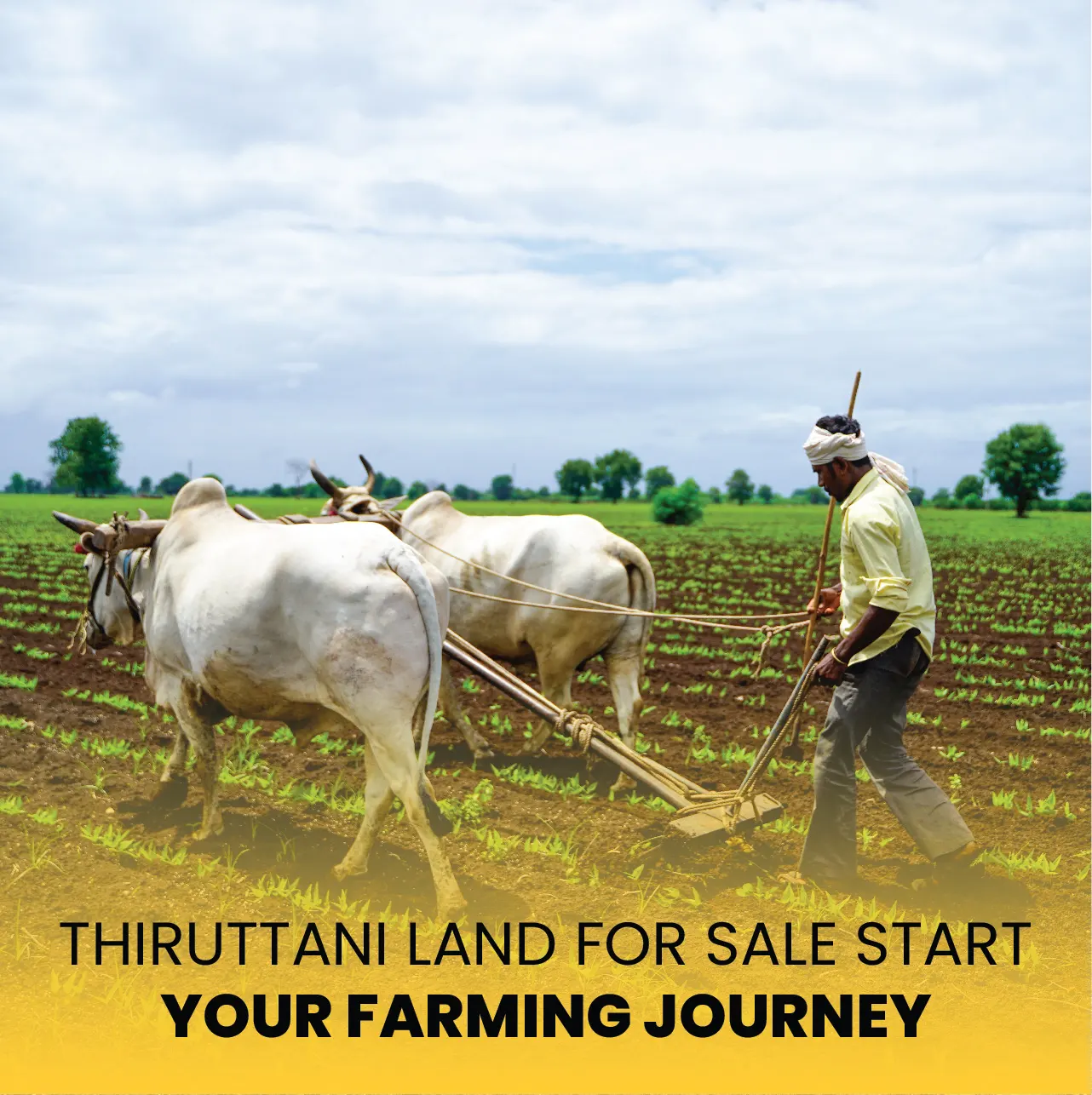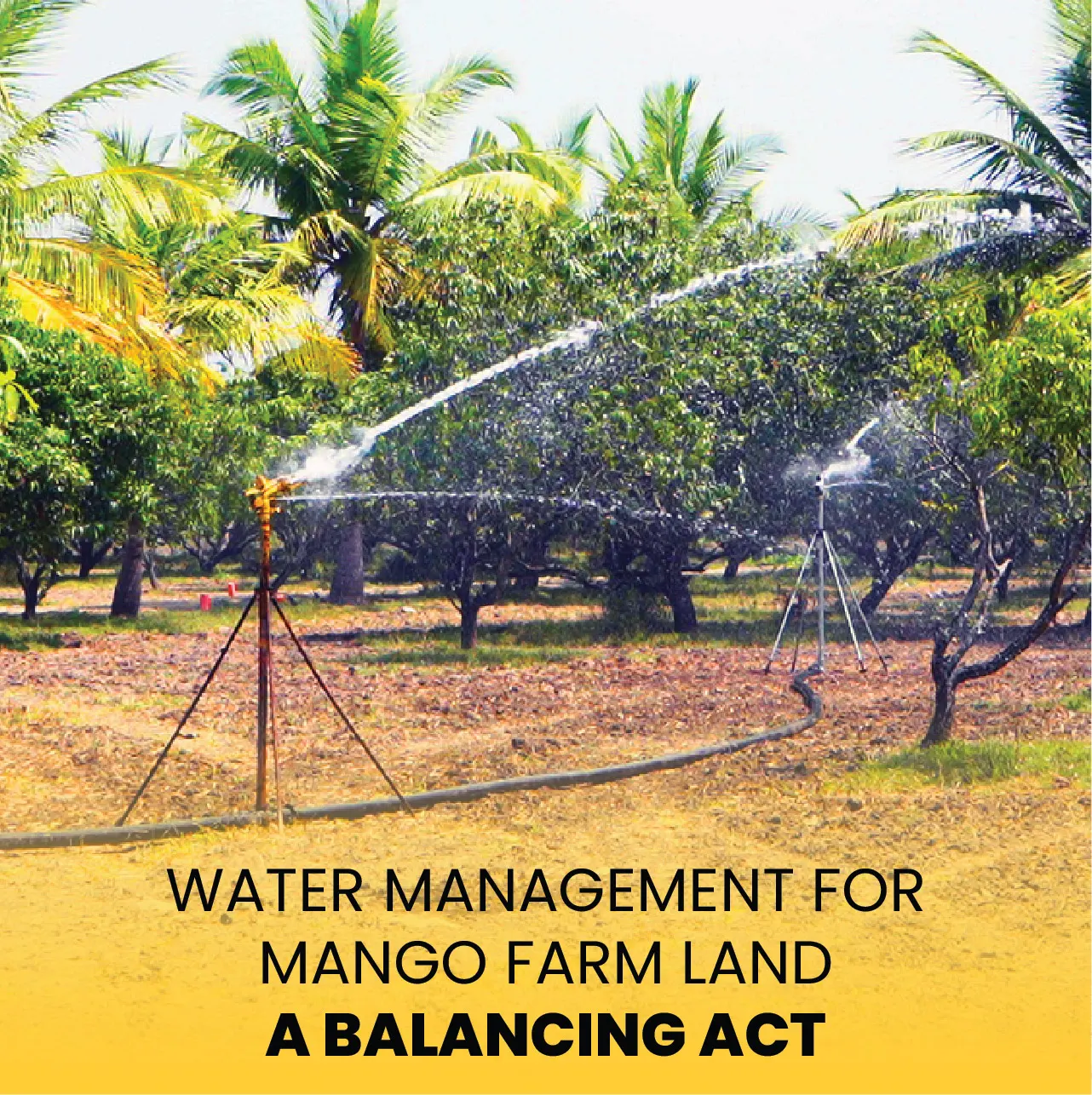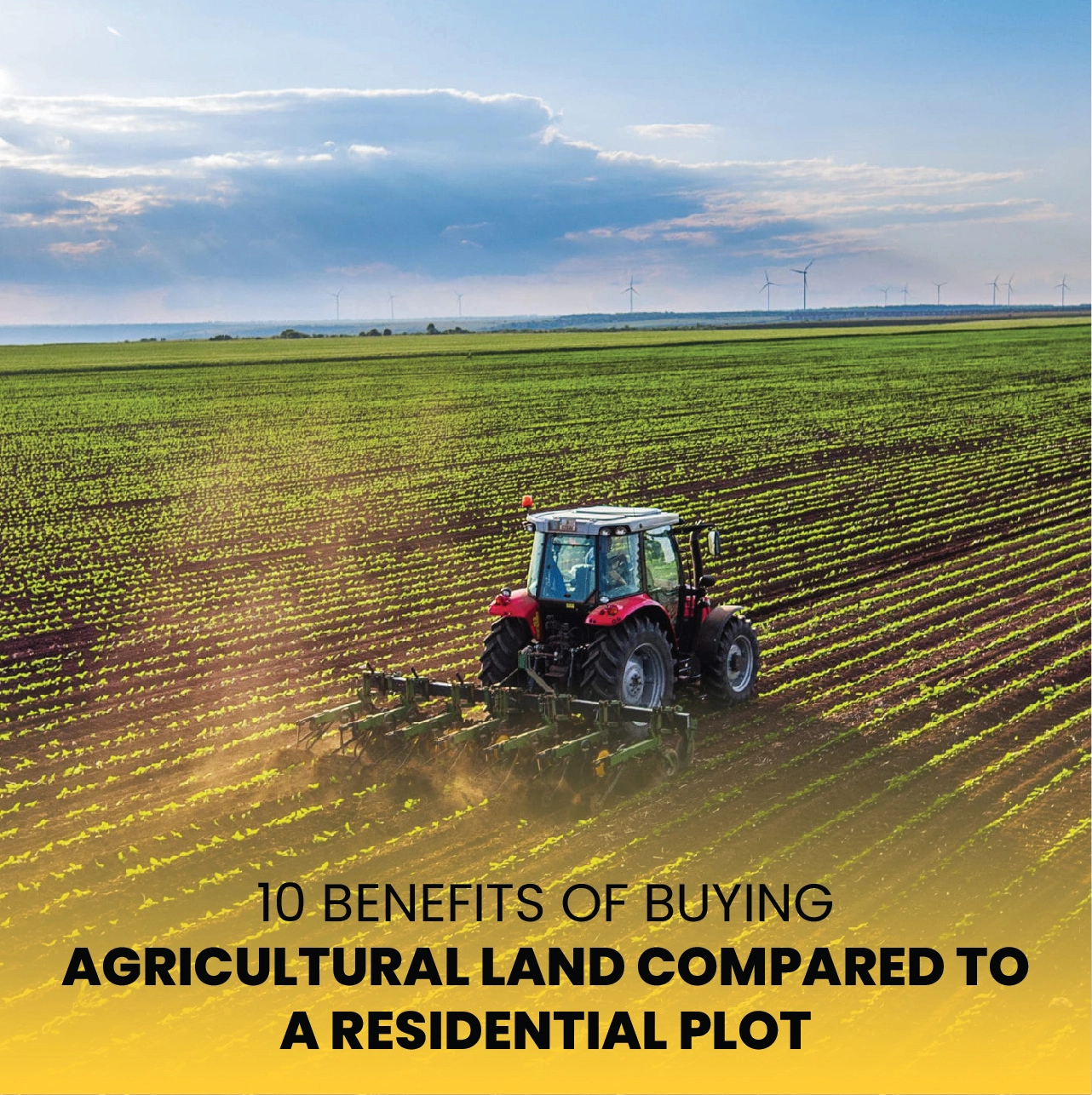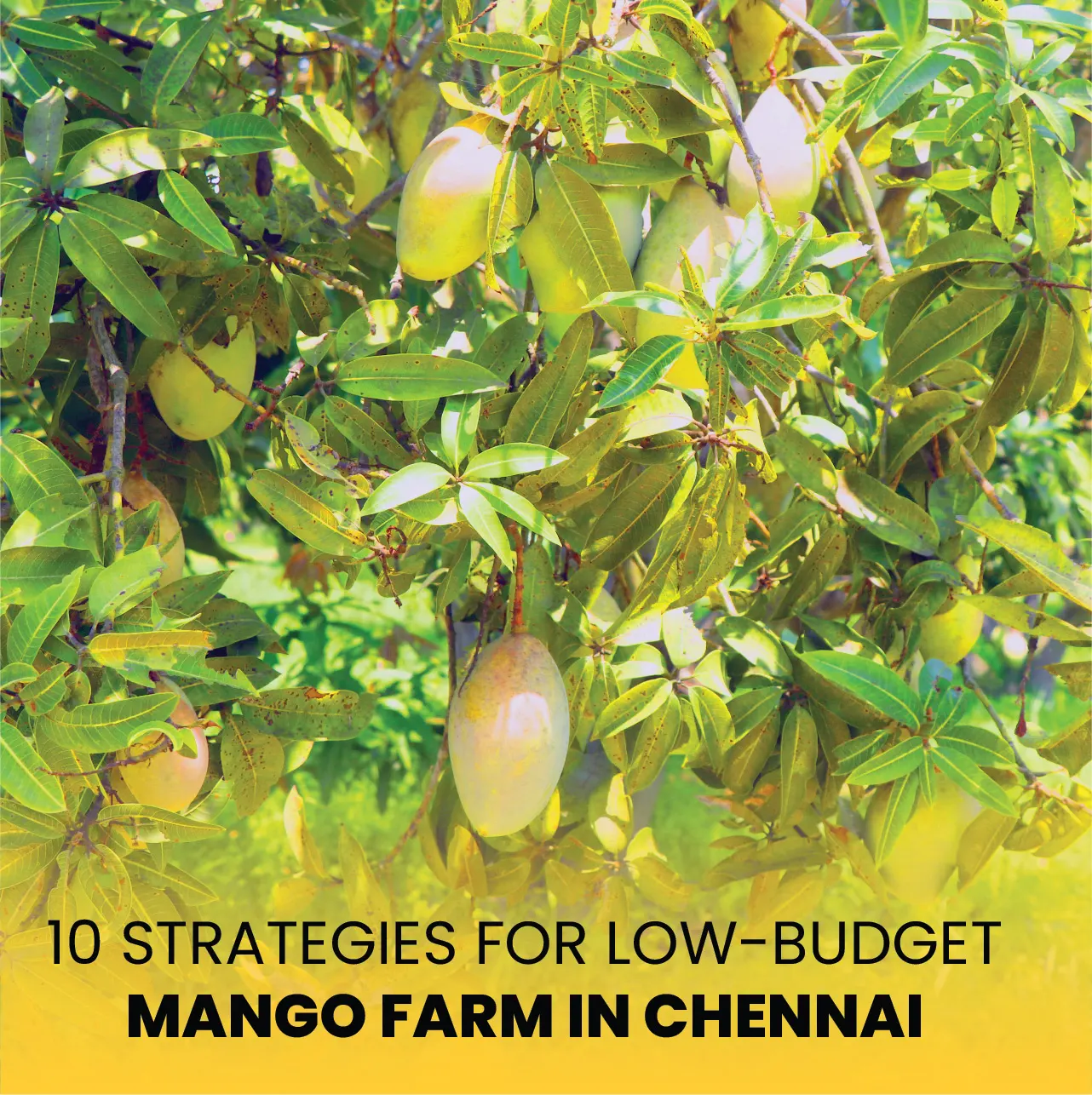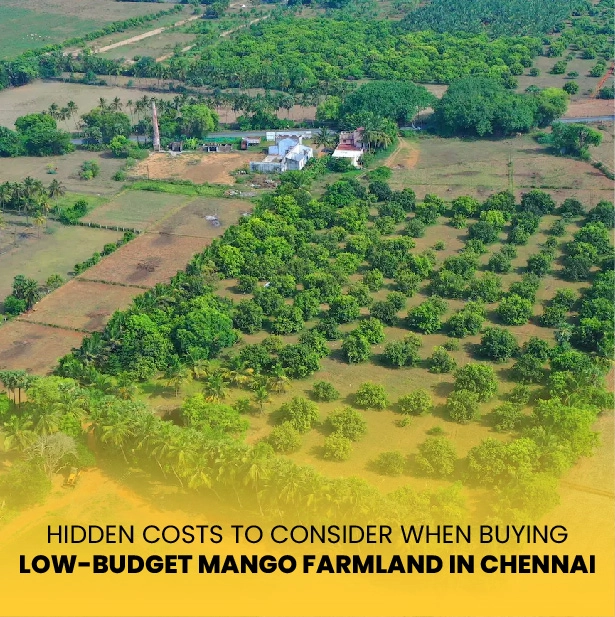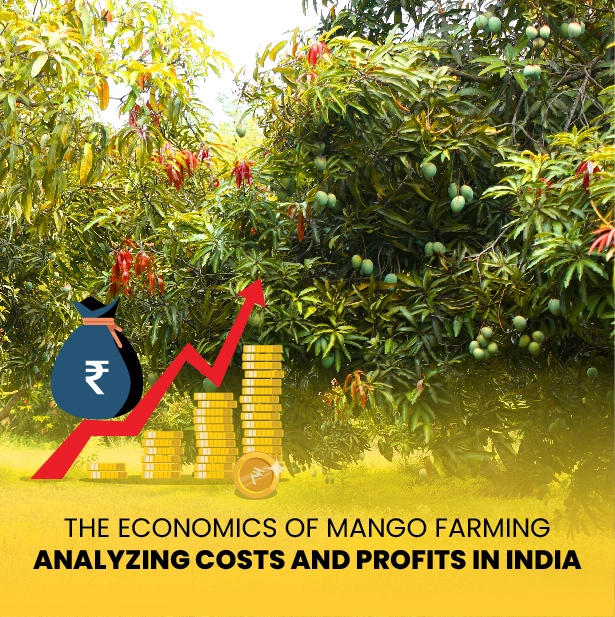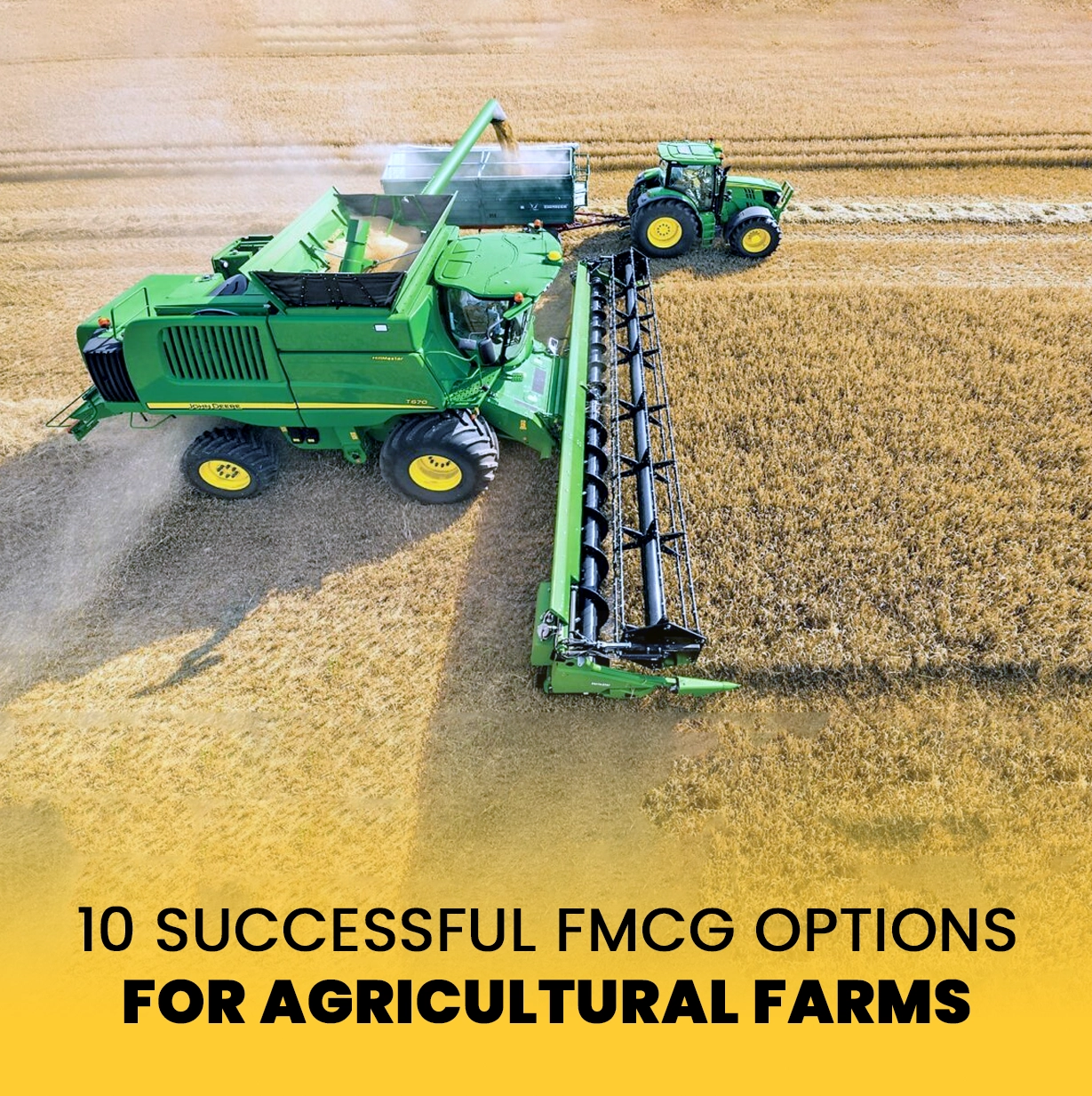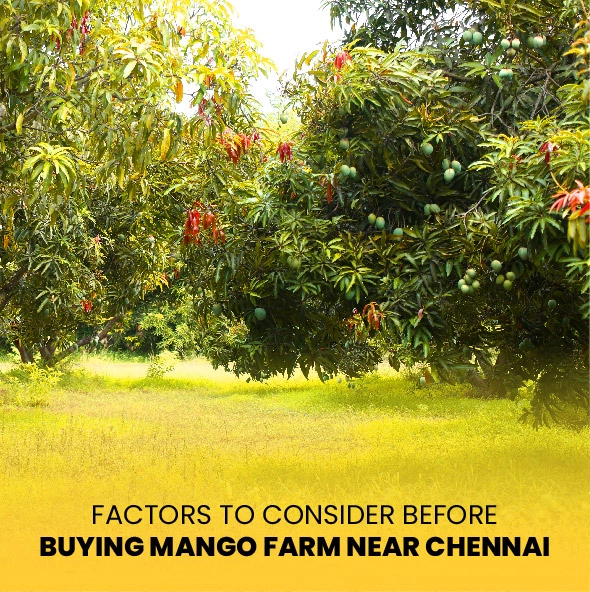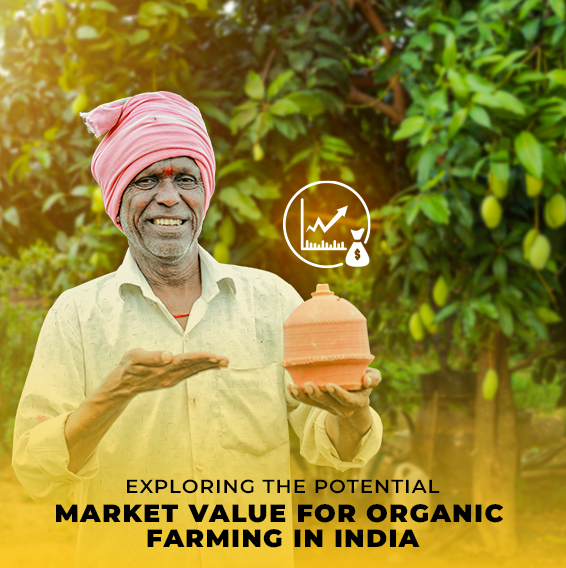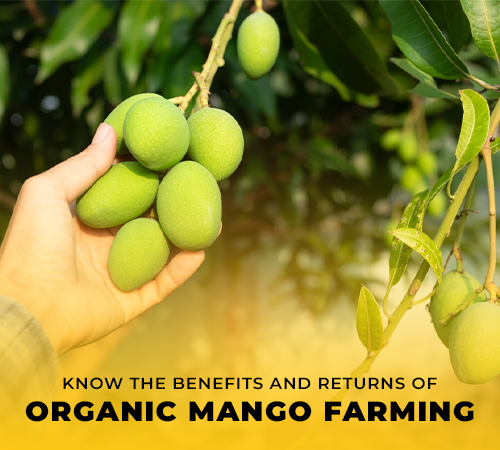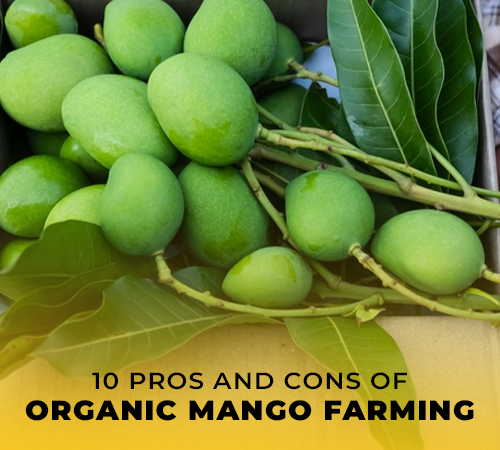Whether you're looking to invest in agricultural farmland property, start a farm, or simply enjoy an agricultural lifestyle, buying agricultural farmland is a significant step. This is an investment for which smart decision-making and meticulous planning are necessary. Here is a comprehensive guide to getting you through the procedure.

Get clear about the first reason you're buying farms. Are you considering a rural getaway, looking for a long-term investment, or preparing to launch an agricultural farming business? Having determined your purpose, list particular objectives. Consider the kind of farming you want to accomplish, how much land you need, and the ideal places for your goals. Your objectives will direct your search, whether they be in agrotourism, livestock raising, or crop cultivation.
Work out your budget. In addition to the purchase price, this includes taxes, upkeep, and running costs. Assure yourself of a contingency fund for unforeseen expenses. Investigate several options for funding your purchase, including government grants, commercial lenders, and agricultural loans. Learn the conditions and interest rates of every choice. Some programs give exclusive discounts to farmers who are new to the industry or who produce sustainably.
Consider the possible return on your investment. Plot your expenses versus the possible income you could get from crops, or other sources. Making this move will help to guarantee that your business will be sustainable financially.
Investigate various locations to identify those with good soil, a pleasant climate, and a sufficient water supply. Think about how close the property is to services, infrastructure, and markets. Your farmland's location has a significant impact on the types of farming you can do and how easy it is to manage your business.
You look at the market trends and land prices in the area you have selected. Be aware of the elements that affect land value, such as future development plans and agricultural farming output. Knowing these tendencies can enable you to make a more calculated and wise purchase.
Recognise local rules and zoning regulations. These can have an impact on the buildings and land uses. Making a purchase should be done with complete knowledge, since compliance is essential to avoiding legal issues later on.
Check the property carefully. Examine the property's geography, water availability, soil condition, and current construction. For this, you could choose to engage a qualified soil specialist or agronomist. Successful farming depends critically on the quality of the land.
Verify if the property is free of zoning problems, encumbrances, or disputes. Look at environmental limitations, land use laws, and property documents. Getting advice from a real estate lawyer can be quite beneficial in negotiating these legal complexities.
Check for any environmental liabilities or contamination, especially if the area was previously used for intensive or industrial farming. Making an environmental evaluation now can spare you future problems.
Are you looking for a real estate agent specializing in agricultural farmland property, such as M/S Holidays Mango Farms in Chennai. They can handle the documentation, help negotiate arrangements, and provide insightful commentary. Finding the ideal home and guaranteeing a seamless transaction can be greatly aided by an experienced agent.
Deal with a financial advisor and a lawyer who have handled agricultural transactions before. They will clarify for you the terms of funding, contracts, and tax implications. These experts can defend your interests throughout the process and provide vital direction.
Hire agricultural advisors to help with land usage, crop selection, and farm management best practices. Their experience can improve sustainability and productivity, allowing you to maximize your agriculture's potential.
Make sure the property has dependable irrigation water supplies. Examine the current irrigation systems and future water requirements. Any agricultural farmland business is heavily dependent on water supply, so this needs to be given top priority.
Make sure that roads and electricity are among the basic services. Easy market access and productive operations depend on excellent infrastructure. If utilities are not yet available, consider the cost and feasibility of connecting the property to them.
Check the status of any structures or amenities on the property. This covers dwellings, storage spaces, and barns. To ensure that these buildings meet your needs and are in good shape, consider the cost of upgrades or repairs.
Use sustainable agricultural techniques to protect water, soil health, and biodiversity. This might cover agroforestry, crop rotation, and organic farming. Sustainable methods can eventually save more money in addition to being better for the environment.
Think about the effects your farming operations will have on the ecosystem. Make sure you follow local environmental laws and take action to mitigate any negative consequences. Prolonged productivity and ecological balance depend on responsible land management.
Investigate the use of wind or solar energy. As a result, your farm's energy expenditures and environmental impact can be reduced. Through government subsidies and power sales, integrating renewable energy can potentially open up new revenue streams.
Based on your investigation and professional counsel, haggle over the purchase price. Get ready to counteroffer, and make sure the purchase agreement lays out all the conditions. Deals that are carefully negotiated can guarantee favorable terms and save you money.
Get funding, complete all paperwork, and transfer ownership. Verify that every financial and legal need is fulfilled. This includes getting title insurance to protect against potential lawsuits or claims.
Check if the title is clear, and get the insurance you need to protect your investment. With title insurance, one can have peace of mind and security while being protected against future claims or ownership problems.
Plan your farm operations in excellent detail. This ought to go into marketing plans, livestock management, and crop rotation. An extensive strategy will keep you focused and organized, acting as your road map for managing your farm.
Continually check and upkeep your property. Maintain current knowledge of the best farming methods, attend seminars, and make connections with nearby farmers. Successful farming depends on ongoing learning and adaptation.
Participate in farming associations in your area. Developing contacts with other farms may be beneficial and present opportunities for cooperation. Participating in the community might also yield insightful information and useful resources.
Agricultural farmland for sale, whether in Chennai generally or specifically, is a big project that requires careful thought and preparation. Chennai has special chances because of its variety of soil types and temperature, but it also calls for a thorough knowledge of local laws and market dynamics.
You may make an educated and profitable investment by doing extensive studies, consulting experts, and taking long-term sustainability into account. Whether you're looking for agricultural farmland for sale in general or in Chennai in particular, using this road map will enable you to move through the process with confidence. Many enjoyable farming years!.
